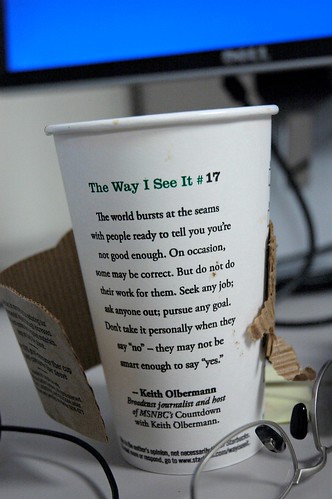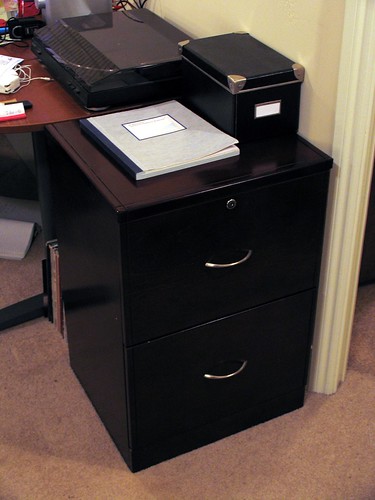First, I've learned that marketing not only takes more time than writing a book, but I've learned what works for me in marketing and wasn't doesn't.
And since I'm all about sharing what I've learned about writing and all that surrounds it, I wanted to let you in on a little secret. I'm still learning, and I'm sure I have much more to learn that will come in 2013. For now, be assured of the following fact:
You will sell more books the more you put yourself out there. The best results I've had have come from two primary sources:
2. Using the free on Kindle day has made it possible to get my books out there. No, I don't make any money, but I really do make something if you consider those who get my book(s) for free, like them, and then talk to others about them. The numbers have soared on my book sales when I've offered them for free 1-3 days as part of my book's release, or as part of a special event such as Black Friday.
I have also shared my books on Pinterest, facebook, twitter and LinkedIn. What's important here is that I not only share, I want to be a part of the community and so I respond and connect with others. As for my website, the visitors this year have increased, and this is something I can monitor on my site. And I love the fact that I get responses on my blog almost every day; earlier this year that never happened. I have looked for ways to update my site and have replaced the free publishing ideas with a couple of radio spots.
I have passed out some postcards this year; quite a lot of them, and really have no idea how well they've worked, though I can say for sure that I've received a couple of new clients by using them. Books signings in general haven't been very profitable for me, unless they've been coupled with the Christmas events as mentioned above. Sure I've sold books, but coupling what you do with what others do, draws in larger crowds; especially if the event is highly advertised.
What hasn't worked for me?
Doing too much social media in one day.
Suffice it to say, I feel good about the marketing efforts that I've put forth this year, but I haven't always been happy with how much time I've spent on the pursuit. Here's what you need to know:
 |
| Photo by: Kelsea Groves, courstesy of Flickr |
Soaring with social media is a bit like cooking up a cake. Most of the cake is the cake itself; only a portion of it is the frosting, but you usually need that sweet frosting to finish off the cake.


























